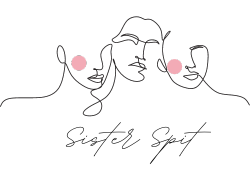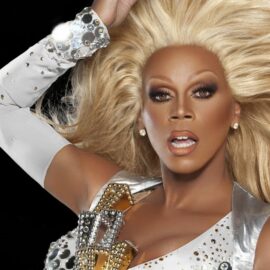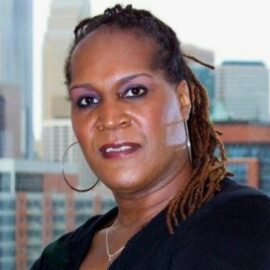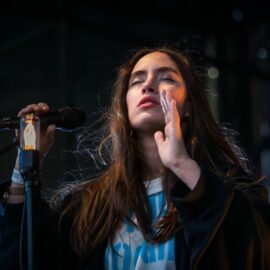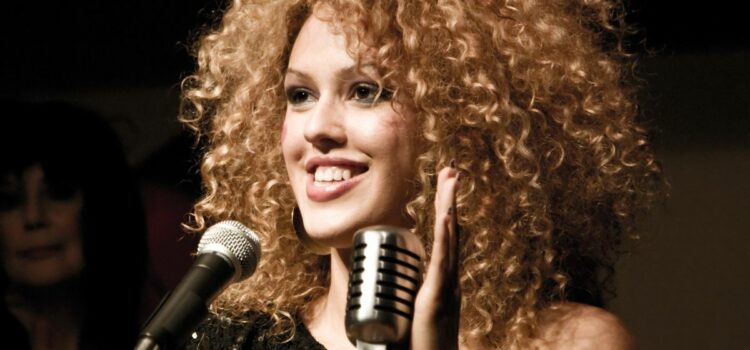
In the past few years, lesbian feminist spoken word has become a more popular way for artists to express themselves. Through powerful and often emotional performances, spoken word artists have been able to make spaces more welcoming for LGBTQ+ people and other groups that have been left out. By challenging traditional ideas about gender and sexuality, these performances have helped to break down walls and bring about social change.
Creating Inclusive Spaces
Lesbian feminist spoken word is an important part of making spaces where people from marginalised groups can feel welcome. Spoken-word events and performances give lesbian and gay people a safe place to tell their stories and meet others who have been through similar things. These events often have lesbian and gay performers discussing the importance of valuing and celebrating diversity.
The fact that these spaces are often held in unusual places, like community centres or small bookstores, makes them more open to everyone. This makes it easier for people who might feel uncomfortable performing in places like bars or clubs to see shows.
Not only do spoken word events and performances offer safe and welcoming spaces, but they also help lesbian and gay people feel like they belong to a group. Providing an opportunity for performers and audience members to interact, these events allow people who might not have access to similar communities daily to feel like they belong.
Challenging Traditional Notions of Gender and Sexuality
Lesbian feminist spoken word not only challenges traditional ideas about gender and sexuality but also shows how these ideas are linked to other types of oppression. Many spoken word performances talk about how race, class, disability, and other forms of exclusion intersect with gender and sexual identity.
A spoken word artist, for example, might talk about how Black trans women face more violence because they are both Black and trans. By pointing out these connections, spoken word performances help people understand how oppression works and how it affects marginalised groups more nuancedly.
Also, spoken word performances often give people a chance to share their stories or experiences, which they might not be able to do otherwise. This is especially important for people who are marginalised in more than one way, like lesbian and gay people who are disabled or come from low-income families.
By making these voices louder, spoken word performances challenge the dominant stories often told by mainstream media and society as a whole. People can also see themselves in the stories and experiences of others, which makes them feel more connected and like they belong.
Lastly, spoken word performances question traditional ideas of what it means to be male or female. Many spoken word artists disagree with the idea that only two genders exist. Instead, they support a more fluid view of gender identity. This goes against traditional gender roles and encourages people to explore and express their gender identity in ways that are true to them.
The Impact of Lesbian Feminist Spoken Word
It is impossible to overstate how much-spoken word by lesbians and feminists helps people who are on the outside. Spoken word performances have helped lesbian and gay people feel more confident and push for social change by making spaces for everyone and questioning traditional ideas about gender and sexuality.
Spoken word performances have been a big help in bringing attention to problems affecting marginalised groups and making people more understanding and empathetic. Many performances, for example, talk about things lesbian and gay people often have to deal with, like discrimination, violence, and differences in health care. By bringing important issues to light, spoken word artists help to start important conversations and push for social and political change.
Conclusion
lesbian feminist spoken word has become an important way for people from marginalised groups to express themselves through art. Through their performances, spoken word artists have been able to make spaces more welcoming for lesbian and gay people and question traditional ideas of gender and sexuality.
These performances have greatly impacted marginalised communities by giving lesbian and gay people more power and pushing for social change. They are an important way to help people understand and care about each other.
